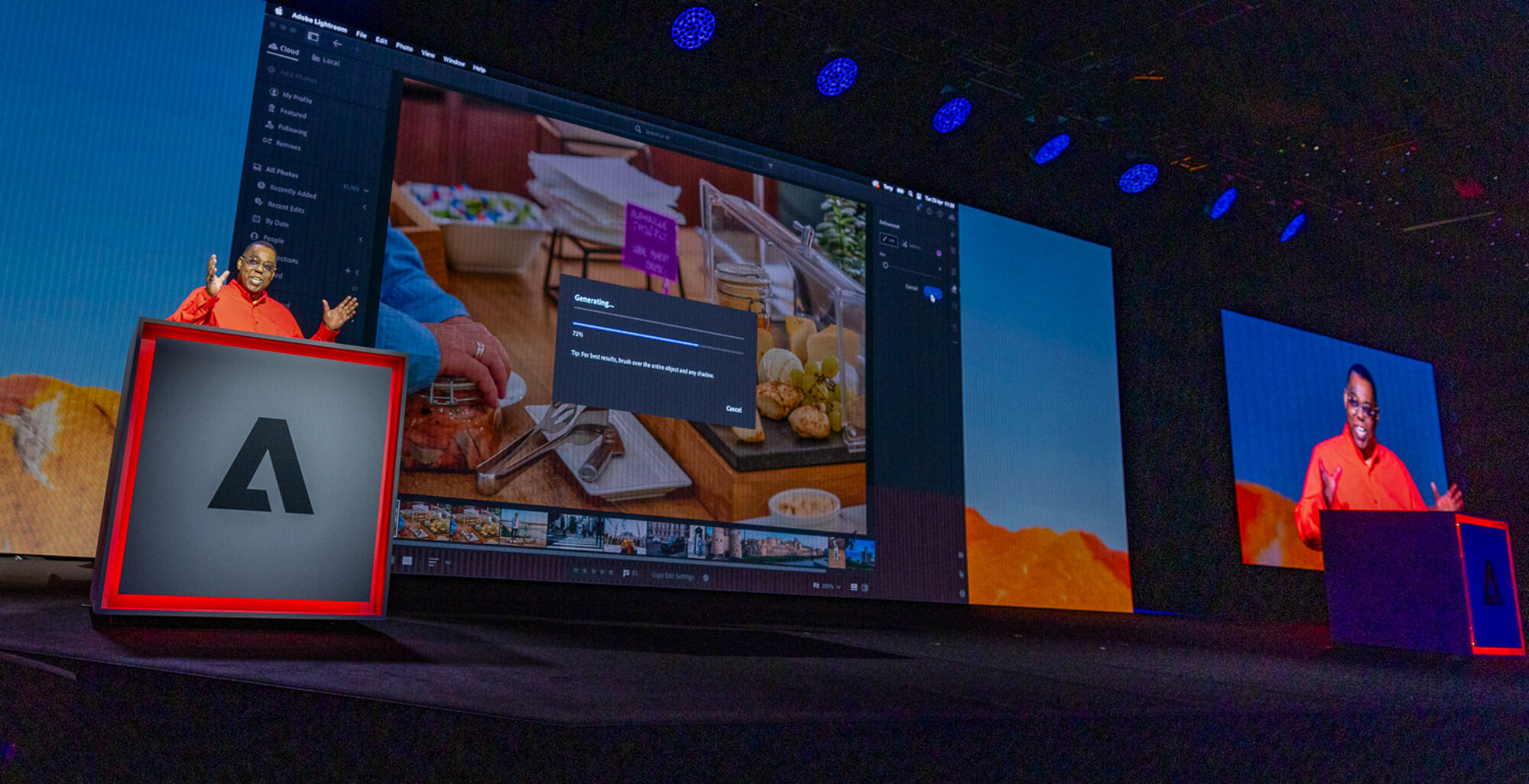How Blockchain Modern Technology Is Revolutionizing Data Safety And Security
Blockchain technology is fundamentally changing the landscape of information security by presenting a decentralized framework that guarantees enhanced transparency and strength. Unlike standard systems, which depend on centralized information repositories, blockchain disperses data across a network, decreasing susceptabilities and single factors of failing. Using sophisticated cryptographic methods makes certain that information remains tamper-proof, cultivating count on amongst stakeholders and users. As sectors swiftly adjust to this technology, concerns arise regarding its broader effect and potential challenges. What implications does this shift hold for future information protection strategies and regulative structures? The solutions may amaze you (Best tech blog).
The Essentials of Blockchain
Blockchain technology, an advanced idea in digital information monitoring, fundamentally changes how information is saved and protected. At its core, a blockchain is a distributed ledger that tape-records deals across a network of computers, ensuring openness and immutability.
Trick to understanding blockchain is the hashing procedure, which secures purchase information into an unique alphanumeric code. This cryptographic feature makes sure that any type of alteration in the transaction information causes an entirely various hash, consequently guarding against tampering. The consensus mechanism, one more important element, validates and validates new transactions with a network of nodes, consequently eliminating the requirement for a central authority.
Moreover, blockchain's append-only structure makes sure that data, as soon as included, can not be removed or modified. This particular guarantees a irreversible and proven record of deals, cultivating trust amongst individuals. Therefore, blockchain gives a robust framework for information integrity, using sectors a reliable approach for monitoring and handling electronic information in a secure, clear way.
Decentralization and Protection
Decentralization, a core principle of blockchain innovation, considerably enhances data protection by distributing control throughout a network instead than counting on a single, centralized entity. This circulation alleviates the risk of solitary points of failing, which prevail in typical central systems. By spreading data throughout countless nodes, blockchain guarantees that also if one node is compromised, the whole network continues to be safe and secure. This redundancy not just strengthens the honesty of the information but additionally increases its strength to cyberattacks and system failings.

Each individual in the network has accessibility to the entire blockchain, permitting them to verify and audit transactions independently. On the whole, decentralization is crucial in improving information safety in blockchain networks.

Cryptographic Strategies
At the heart of blockchain modern technology, cryptographic strategies play a critical function in protecting data, making certain both confidentiality and honesty. Cryptography in blockchain utilizes a combination of symmetrical and uneven algorithms to secure data, making it available just to authorized celebrations.
Hash features are an additional critical part, changing input information right into a fixed-size string of characters, efficiently developing an one-of-a-kind digital fingerprint for every block. This makes certain that any effort to modify the information will cause an entirely different hash, hence keeping the immutability of the blockchain. Digital trademarks verify the credibility and honesty of purchases, giving a layer of non-repudiation.
The decentralized nature of blockchain, integrated with durable cryptographic techniques, removes the need for intermediaries, lowering prospective vulnerabilities. As blockchain modern technology evolves, innovations in cryptography such as zero-knowledge proofs and homomorphic security proceed to boost security steps, additionally check out here fortifying information security in this cutting edge electronic ledger system.
Use Instances Throughout Industries

In the medical care sector, blockchain makes sure the protected storage space and sharing of client documents, promoting interoperability while guarding delicate data from unapproved access. This modern technology equips patients with control over their case history and facilitates smooth control among doctor.
Supply chain management benefits significantly from blockchain's unalterable journal, which makes sure traceability and credibility of products from origin to customer. By enhancing openness, blockchain assists alleviate issues such as counterfeiting and dishonest sourcing.
Furthermore, blockchain's decentralized nature is reshaping the power market by making it possible for peer-to-peer power trading, where consumers can deal excess renewable power straight. This cultivates a more effective Check Out Your URL and sustainable energy community.
In the realm of intellectual residential or commercial property, blockchain offers a tamper-proof platform for designers to sign up and shield their jobs, making sure rightful acknowledgment and reasonable compensation. These diverse usage situations underscore blockchain's duty as a critical pressure in redefining data safety and security across sectors.
Future of Data Protection
As we aim to the future of information protection, blockchain technology is positioned to play an essential role in securing digital information. With its decentralized and unalterable qualities, blockchain uses a durable framework for protecting delicate data against unauthorized gain access to and cyber dangers. Read Full Report This innovation makes sure that when data is videotaped, it is nearly impossible to alter without detection, hence supplying a considerable advantage over traditional data storage approaches.
The integration of blockchain with other innovative technologies, such as man-made knowledge and the Internet of Things (IoT), is expected to boost data security techniques even more. By leveraging clever agreements, companies can impose and automate security procedures, lowering human mistake and boosting effectiveness. In addition, blockchain's capacity to offer deducible and transparent purchases will certainly bolster count on and responsibility in data management methods.
As governing landscapes progress, blockchain's compliance-friendly nature will certainly come to be progressively relevant. It can aid companies satisfy rigorous information security regulations, such as the General Data Defense Law (GDPR) and the California Consumer Privacy Act (CCPA), by giving verifiable documents of data processing tasks. Ultimately, blockchain's one-of-a-kind attributes position it as a transformative tool in the continuous mission to protect the electronic world against ever-evolving cyber dangers.
Conclusion
Blockchain innovation stands for a paradigm shift in information security by leveraging decentralization and cryptographic strategies to improve openness, count on, and data honesty. Its ability to get rid of single factors of failing and use consensus devices significantly decreases the threat of fraudulence and cyberattacks. This innovative framework not only empowers customers with better control over their data but also straightens with regulatory compliance. As cyber dangers evolve, blockchain becomes an important device for robust data defense across various industries.
Blockchain modern technology is essentially changing the landscape of information safety and security by presenting a decentralized structure that guarantees boosted openness and resilience. Unlike traditional systems, which count on centralized data repositories, blockchain disperses information across a network, decreasing vulnerabilities and single factors of failing.Decentralization, a core concept of blockchain modern technology, substantially enhances information protection by distributing control across a network instead than depending on a particular, centralized entity.At the heart of blockchain technology, cryptographic methods play a pivotal function in guarding data, guaranteeing both confidentiality and honesty.Blockchain innovation represents a standard change in information safety and security by leveraging decentralization and cryptographic techniques to enhance openness, count on, and data honesty.